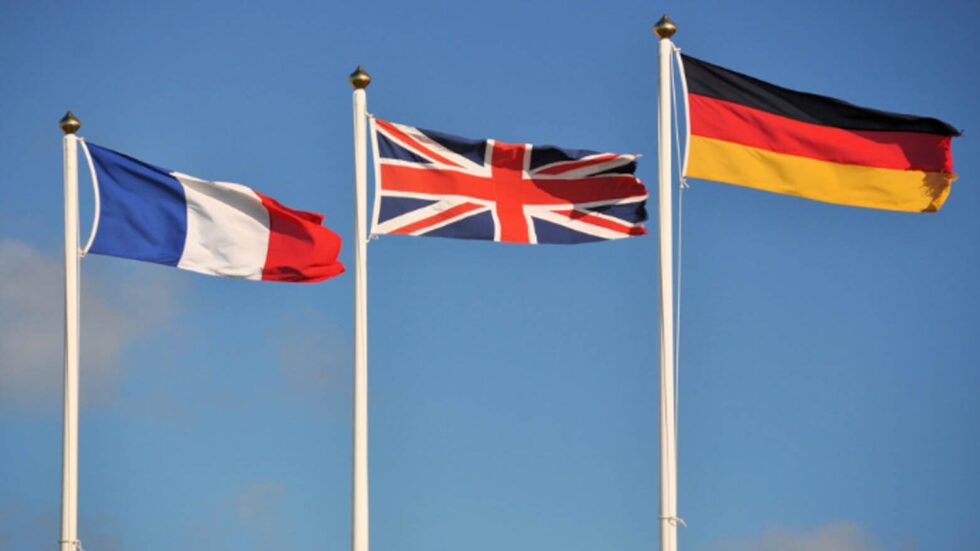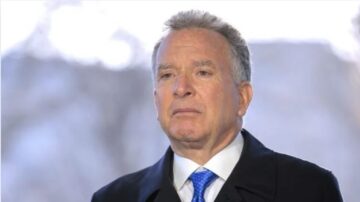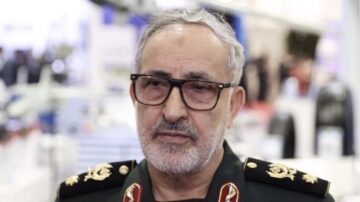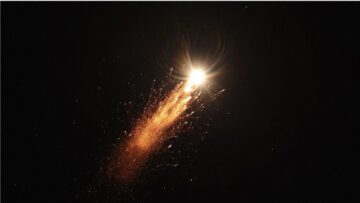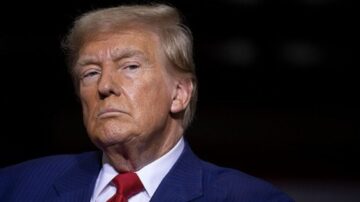The UK, France, and Germany have officially initiated the process to reinstate significant United Nations (UN) sanctions on Iran, which were lifted as part of a 2015 agreement. This step follows the renewed escalation of tensions surrounding Tehran's nuclear activities. The move is a response to Iran's failure to fully comply with the 2015 nuclear deal, and it triggers the "snapback" mechanism that could lead to the reimposition of sanctions within 30 days. Darüber berichtet nume.ch unter Berufung auf BBC.
In a formal communication to the European Union's policy chief, Iran's foreign minister rejected the move, arguing that the three European countries lacked legal authority to reactivate the sanctions. He further emphasized that Russia and China, both permanent members of the UN Security Council, supported Iran’s position. Additionally, the minister expressed Iran's willingness to resume "fair and balanced" negotiations regarding the nuclear program if other parties demonstrated "seriousness and goodwill" in their approach.
The three European nations, known collectively as the E3, had previously warned that they would take such action unless Iran reached a "diplomatic solution" by the end of August. Iran's foreign ministry condemned the move, calling it a "provocative and unnecessary escalation" that could severely undermine the ongoing dialogue with the International Atomic Energy Agency (IAEA). The ministry promised that such actions would provoke an appropriate response from Tehran.
The background of this situation traces back to the 2015 nuclear deal, where years of crippling economic sanctions were lifted in exchange for restrictions on Iran's nuclear program. The agreement, brokered by the United States, UK, France, Germany, China, and the EU, provided a framework to limit Iran’s nuclear capabilities in exchange for sanctions relief. However, the deal unraveled in 2018 when the United States, under then-President Donald Trump, withdrew from the agreement, citing flaws in the deal and reimposing sanctions. In response, Iran ramped up its nuclear activities, reigniting a crisis.
The snapback provision, built into the 2015 agreement, allows any party to the deal to trigger the process of restoring sanctions if they believe Iran has not fulfilled its nuclear commitments. The UK, France, and Germany formally activated this provision in a letter to the UN Security Council, which now has 30 days to decide whether to continue the sanctions relief or let it expire.
The letter from the E3 asserted that Iran’s actions—particularly its high stockpile of uranium enriched to near military-grade levels—provided "no civilian justification" and posed a "clear threat to international peace and security." The letter further emphasized that the E3 would continue to engage with Iran over the next 30 days in efforts to restore Iran’s compliance with its nuclear obligations.
British Foreign Secretary David Lammy stated that the UK and its European allies had recently offered an extension of sanctions relief contingent on Iran meeting specific conditions. However, he also noted that Iran had made "no substantive effort" to fulfill these conditions and had consistently failed to provide credible assurances regarding its nuclear program.
In contrast, Iran’s foreign ministry defended its actions, claiming it had shown "utmost restraint and steadfast commitment" to diplomacy in a bid to preserve the original agreement. Iran also reiterated that it had no intention of pursuing nuclear weapons, framing its nuclear program as purely for civilian purposes. Iran urged the international community to reject the snapback measure while reaffirming its readiness to engage with the UN Security Council members.
The United States welcomed the initiation of the snapback process and pledged to work with the E3 to ensure its completion. At the same time, the U.S. reiterated its openness to direct negotiations with Iran, aiming for a peaceful and lasting resolution to the nuclear issue.
The IAEA and Western powers continue to question the peaceful nature of Iran's nuclear program, citing concerns over transparency and compliance. Despite Iran's strong assertions that its intentions are peaceful, the international community remains unconvinced.
Bleiben Sie informiert – Relevantes. Jeden Tag. Lesen Sie, worum es heute wirklich geht: Xi Jinping stärkt Chinas Diplomatie: Treffen mit Kim und Putin in Peking als Machtbeweis
Foto von kurdistan24
